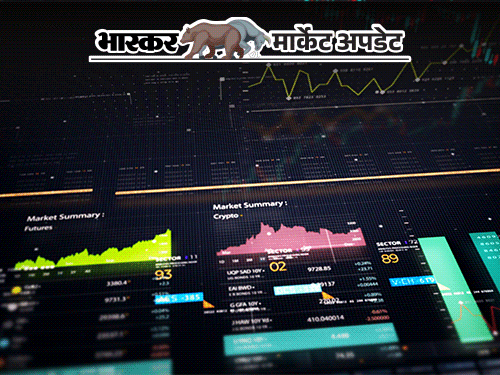Demat Account Charges: After the Covid epidemic, the interest of common people towards the stock market has increased. This is the reason why the number of people opening demat accounts is also increasing. These days, opening and operating a Demat account has become very easy. Through mobile trading apps, you can open a demat account and start trading within minutes. These mobile trading platforms also offer their clients features like live portfolio review, market updates, stock price alerts, real time market news updates, notification alerts, intraday tips. Through this, it becomes easier for investors to buy and sell shares wisely. However, there are some charges associated with Demat account, which most people do not understand. Let us know its details.
How to open an account
To open a Demat account, you first need to choose a Depository Participant (DP). These are usually brokerage firms or banks that provide the option to open a demat account with them. After this, you can upload the required documents yourself following the DP’s guidelines or take assistance from the DP’s Relationship Manager. Considering the competition, many DPs in India are opening demat accounts without any cost. However, DPs usually charge annual maintenance charges for demat accounts. This charge may vary.
 This PSU stock will cross ₹5500, the company has orders worth ₹94000 crore
This PSU stock will cross ₹5500, the company has orders worth ₹94000 crore
 Power share of ₹4 made ₹1 lakh into ₹1 crore, now foreign investors will sell 65 lakh shares
Power share of ₹4 made ₹1 lakh into ₹1 crore, now foreign investors will sell 65 lakh shares
transaction fee
Let us tell you that after your Demat account is opened for trading, you can start trading by depositing money in it. When you buy or sell shares, your broker will deduct a percentage of the amount from the total transaction value. Some brokers may charge a fixed fee regardless of the total transaction value. For example, if your transaction value is ₹1,00,000, the broker may charge only ₹20 instead of 0.10% of the total transaction value, which would be ₹100.
broker transaction charge
Let us tell you that brokers generally base their transaction charges on the value of your transaction. Regardless of whether you make significant profits or suffer huge losses, the transaction charges remain the same. In equity trading you have the flexibility to choose how many shares you want to buy or sell. However, in derivatives trading transactions are done in lot sizes. This is similar to an IPO, where it is not possible to purchase individual shares.
With regard to transaction charges, brokers generally charge either a fixed fee or a percentage of the total transaction amount in the equity segment. In the derivatives segment, transaction fees are charged on a per-lot basis.



